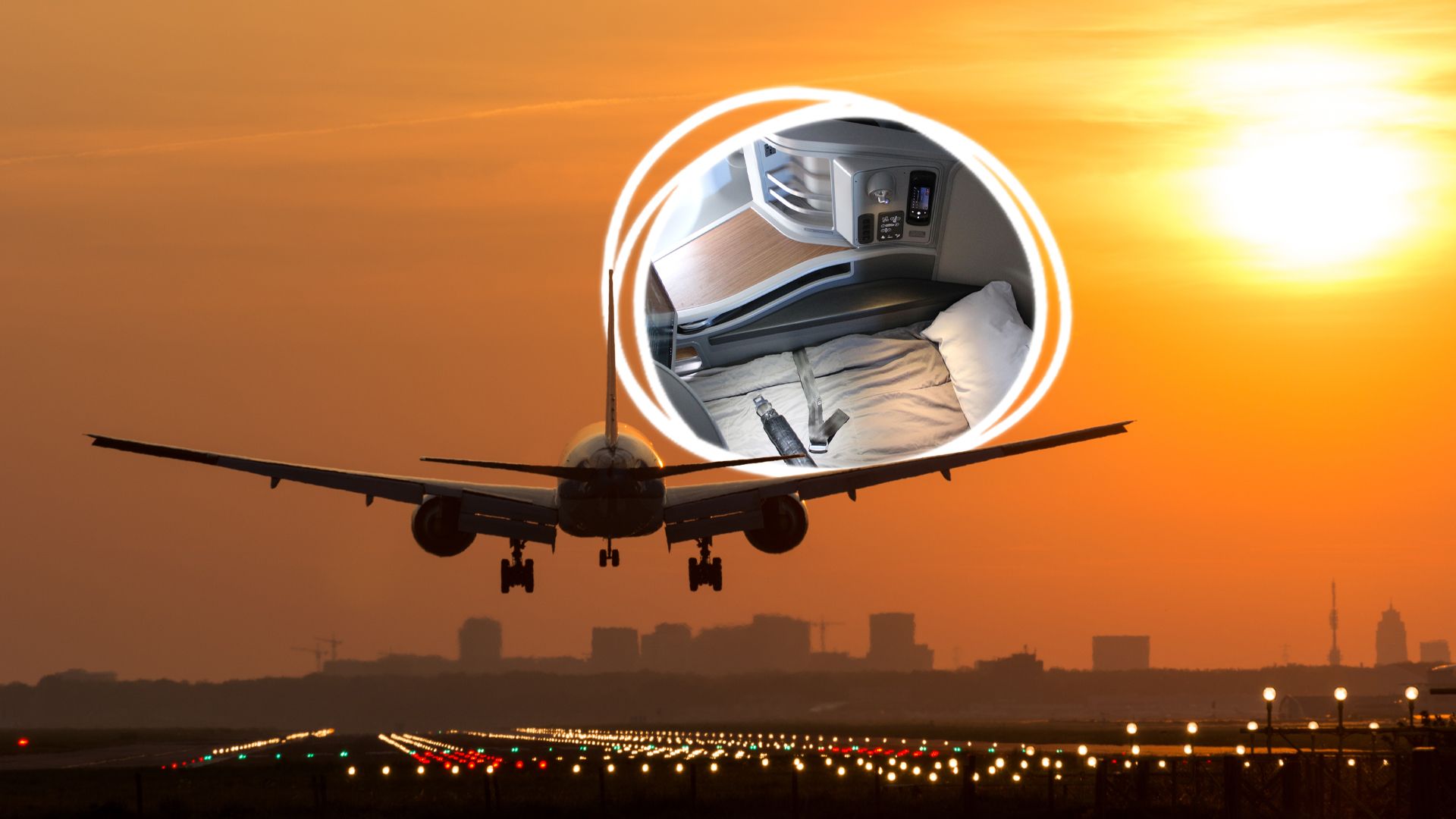The landscape of air travel is evolving, and the most striking change is the decline of international first class among major US airlines. While first class epitomizes luxury in air travel—featuring lie-flat suites, gourmet dining, and exceptional service—most US carriers have either eliminated this premium cabin or never offered it at all. As of March 2024, the only US airline maintaining an international first class service is American Airlines, which operates its Flagship First on select routes using the Boeing 777-300ER. This shift raises questions about the changing dynamics of luxury air travel and the economic factors influencing airline decisions.
The primary reason for the fade of international first class in the US is the evolution of business class. Enhanced business class offerings now provide a nearly equivalent experience to traditional first class, often at a lower cost. Airlines like Delta Air Lines and United Airlines have transitioned their focus towards premium business class suites, which include lie-flat seats and high-end amenities. The demand for ultra-premium travel in the US market is not substantial enough to justify the costs associated with maintaining a first class cabin on long-haul international routes.
Economic Factors Driving Changes
Airlines weigh several factors when determining whether to keep or eliminate first class. The cost-to-revenue ratio plays a significant role. First class seats require significant investment in terms of installation and maintenance and do not consistently fill to capacity. According to Islands.com, many international airlines in Asia and the Middle East retain first class for branding purposes. In contrast, US carriers tend to prioritize profitability.
Consumer behavior also shapes airline strategies. Many business travelers, often funded by their employers, prioritize value, comfort, and productivity over luxury. Most corporate clients tend to opt for business class, which meets their needs without the higher price tag associated with first class. This shift reflects changing priorities among travelers, with a growing number willing to forego first class for the convenience and amenities offered in business class.
For instance, a recent analysis showed that first class seating is less efficient when it comes to revenue per square foot. Airlines can fit more business class seats into the same space, maximizing capacity and returns. Following the pandemic, Delta removed its first class cabin in favor of its Delta One Suites, while United replaced its first class with Polaris Business Class, both of which have received positive feedback.
The Future of First Class in the US
While international first class is dwindling, airlines are innovating in business class, creating offerings that mimic the luxury feel of first class. Modern business class cabins feature sliding privacy doors, direct aisle access, and upgraded dining experiences. Although airlines like Emirates, Singapore Airlines, and Air France continue to offer first class, they cater to different demographics and operate on routes where demand remains robust.
The perception of first class is shifting; many travelers now view business class as sufficient. Anecdotal evidence from platforms like Quora and Reddit suggests that even among those who appreciate comfort, the vast majority are satisfied with premium business class offerings and reluctant to pay for an upgrade to first class.
Despite American Airlines’ current retention of its Flagship First service, this may not last. The airline has announced plans to phase out this product in favor of its new Flagship Suite Business Class on upcoming aircraft models, including the Airbus A321XLR and Boeing 787-9. This transition signals a broader industry trend, indicating that first class may soon become a relic of the past for US carriers.
While a few exceptions remain, such as American Airlines, these are increasingly rare. The high-cost and low-demand nature of first class makes it less viable for most US airlines. As the industry adapts, travelers will need to be vigilant about what “first class” entails on their tickets, as it may simply reflect a rebranded business class experience rather than the exclusivity of the past.
Ultimately, the decline of international first class reflects a shift in consumer preferences and airline economics. For most travelers, the luxury and comfort expected from first class are now available within an enhanced business class experience. Looking ahead, it appears unlikely that first class will make a significant comeback on US airlines. Instead, the focus will remain on optimizing business class offerings to meet the evolving needs of air travelers.
